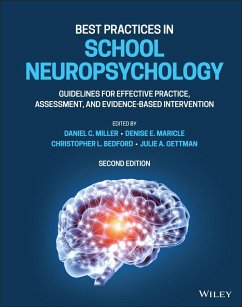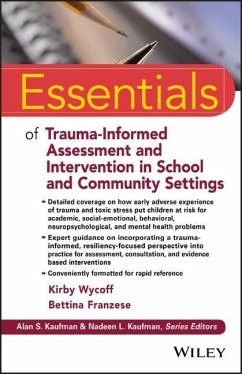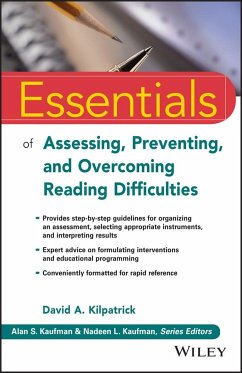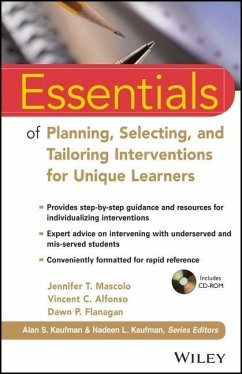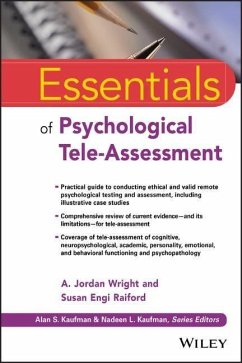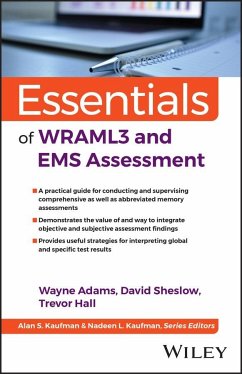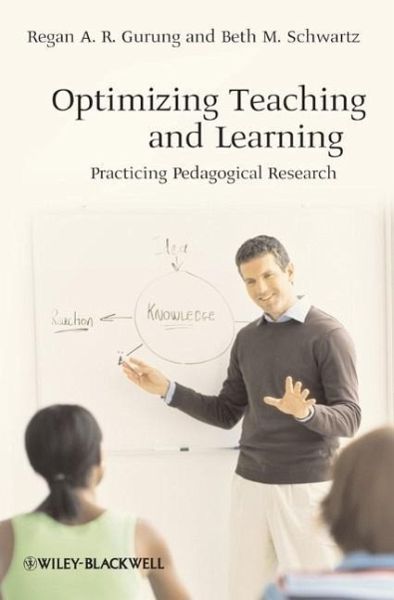
Optimizing Teaching and Learning
Practicing Pedagogical Research

PAYBACK Punkte
24 °P sammeln!
Optimizing Teaching and Learning will serve as a practicalguide for anyone, anywhere, who is interested in improving theirteaching, the learning of their students, and correspondingly,contribute to the scholarship of teaching and learning.Bridges the gap between the research and practice of SoTLProvides explicit instructions on how to design, conduct,analyze, and write-up SoTL workIncludes samples of actual questionnaires and other materials(e.g., focus group questions) that will jumpstart investigationsinto teaching and learningExplores the advantages and disadvantages of variouspedagogical p...
Optimizing Teaching and Learning will serve as a practicalguide for anyone, anywhere, who is interested in improving theirteaching, the learning of their students, and correspondingly,contribute to the scholarship of teaching and learning.
Bridges the gap between the research and practice of SoTL
Provides explicit instructions on how to design, conduct,analyze, and write-up SoTL work
Includes samples of actual questionnaires and other materials(e.g., focus group questions) that will jumpstart investigationsinto teaching and learning
Explores the advantages and disadvantages of variouspedagogical practices and present applications of SoTL using casestudies from a variety of disciplines
Bridges the gap between the research and practice of SoTL
Provides explicit instructions on how to design, conduct,analyze, and write-up SoTL work
Includes samples of actual questionnaires and other materials(e.g., focus group questions) that will jumpstart investigationsinto teaching and learning
Explores the advantages and disadvantages of variouspedagogical practices and present applications of SoTL using casestudies from a variety of disciplines




